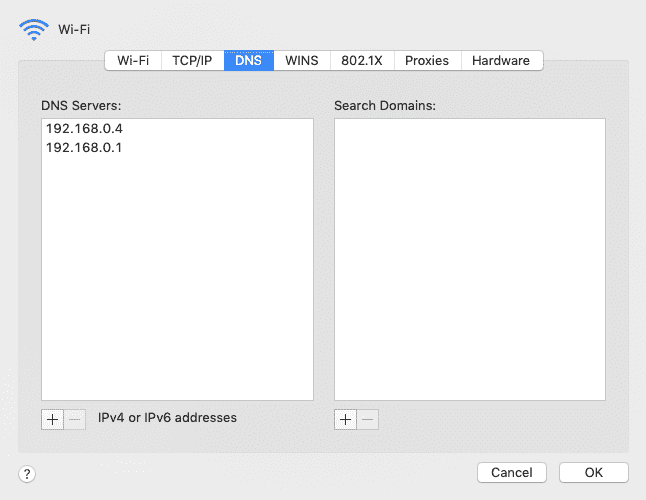39
PiHole on Docker
This article is my follow-up article to Up and running with RaspberryPi with Docker. In the previous article, I showed how you can configure docker and docker-compose on your RaspberryPi.
In this article, I will show how you can restrict external traffic from your RaspberryPi with PiHole using docker and docker-compose.
The first step to defining a place where you want to install PiHole. In my case, I am going to keep it under the
~ path.$ cd ~
$ mkdir pihole
$ cd pihole
$ touch docker-compose.ymlOnce you create the docker-compose.yml file inside the pihole directory, add the following code into it.
$ nano docker-compose.ymlversion: "3"
services:
pihole:
container_name: pihole
image: pihole/pihole:latest
ports:
- "53:53/tcp"
- "53:53/udp"
- "67:67/udp"
- "80:80/tcp"
environment:
TZ: "America/Chicago"
WEBPASSWORD: "strongPassword"
volumes:
- "./etc-pihole/:/etc/pihole/"
- "./etc-dnsmasq.d/:/etc/dnsmasq.d/"
cap_add:
- NET_ADMIN
restart: unless-stoppedAfter saving the docker-compose.yml file, you can run the following command to bring your PiHole server up and running.
$ docker-compose up --detachInitial run will take some time since it will download the PiHole image from docker.
After a successful run, you can check PiHole instance is running on RaspberryPi as a docker service.
# Try following commands to check PiHole service
$ docker ps
# To check the list of running containers
$ docker images
# To check PiHole imageIf you have static IP defined configure in my previous article then you can access PiHole, at http://192.168.0.4/admin
Thanks for following the tutorial, happy coding!
39

